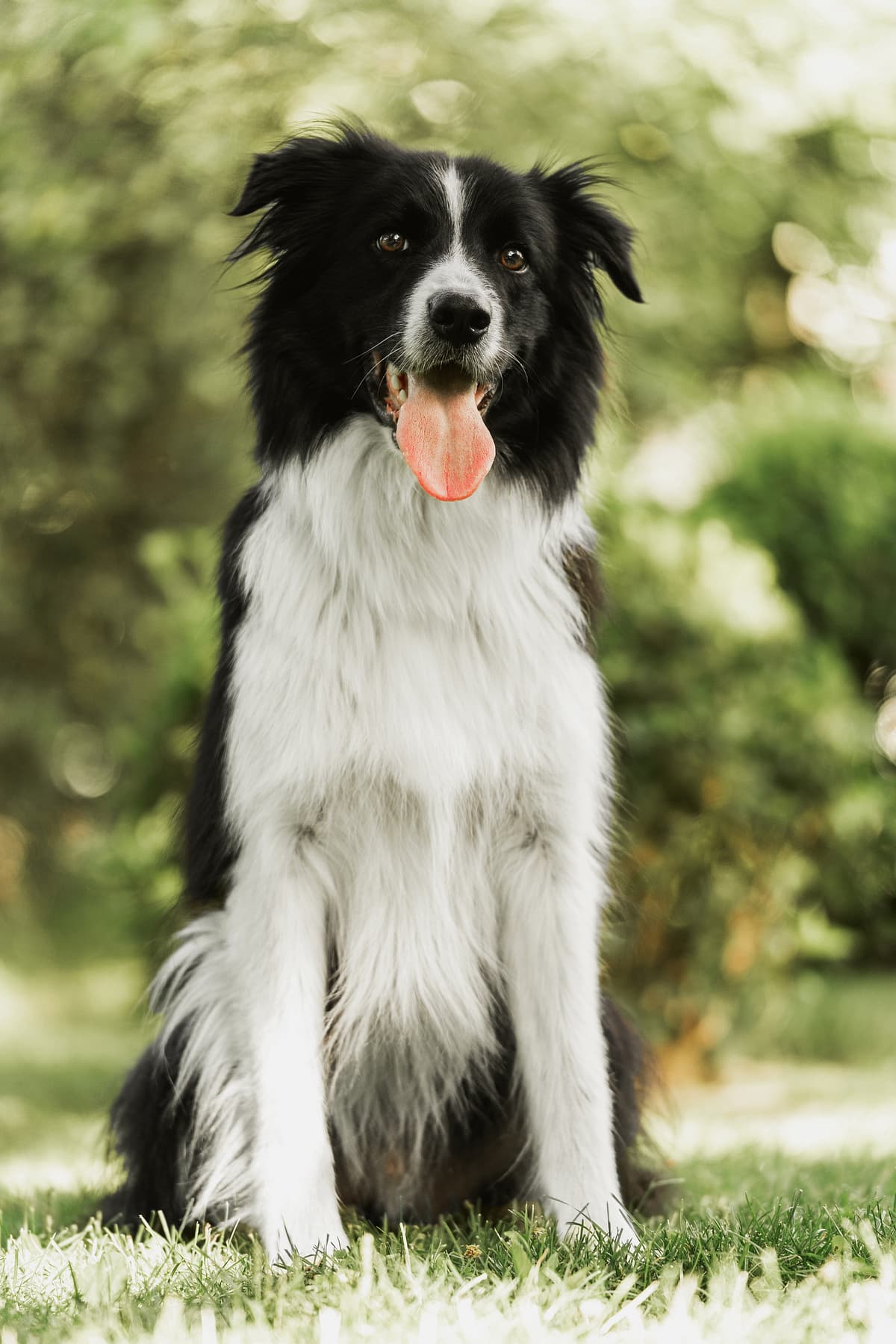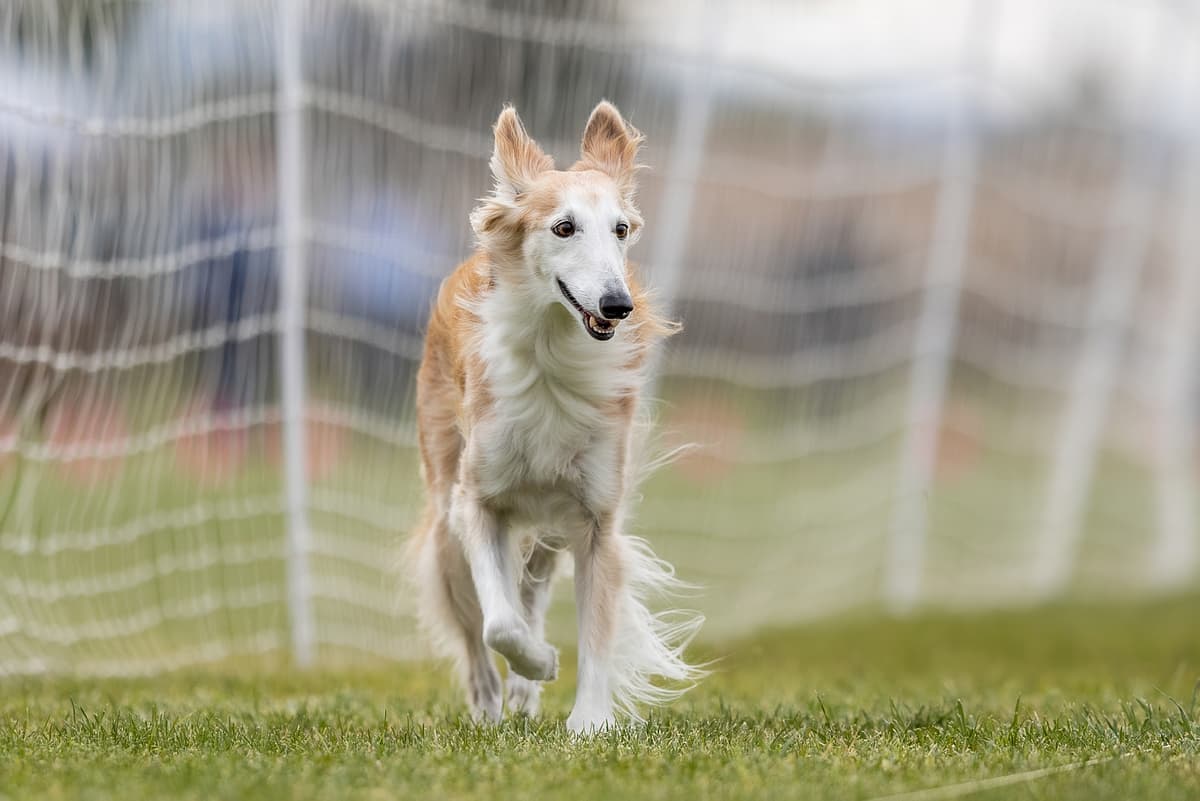Saint Bernard
Gentle, massive, and incredibly patient, this breed thrives as a loyal family companion. Famous for its rescue history, it brings warmth and calm to any home.
Breed Characteristics

Average sizes and life expectancy of the breed.
HEIGHT
70–90 cm (male)
65–80 cm (female)
WEIGHT
64–82 kg (male)
54–72 kg (female)
LIFE EXPECTANCY
8–10 years
Saint Bernard: Breed snapshot
Everything you need to know about this beloved breed at a glance

Key Breed Characteristics
Kingdom
Animalia
Phylum
Chordata
Class
Mammalia
Order
Carnivora
Family
Canidae
Genus
Canis
Species
Canis lupus familiaris
Diet
Omnivore
"A Saint Bernard isn't just a pet — they're a loyal companion, a playful friend, and a loving family member all in one."
Temperament & personality
Understanding Saint Bernard's temperament is key to knowing if they're the right match for your lifestyle.
Personality Overview
Saint Bernards are known for their gentle, patient, and friendly temperament, making them reliable companions and good family dogs. They are typically calm and affectionate with children and adults alike.
Key Personality Traits
Gentle and welcoming with family and strangers
Learns commands with patience and consistency
Prefers calm activities over vigorous exercise
Enjoys interactive play but not overly boisterous
Adjusts well to different home environments

Strengths
- Gentle and patient with children
- Highly loyal to their family
- Calm and tolerant temperament
- Strong instinct to protect home
- Tolerant of cold weather conditions
Challenges
- Prone to excessive drooling
- High risk of hip and elbow dysplasia
- Shorter average lifespan than many breeds
- Needs ample space due to large size
- Can be difficult to train due to stubbornness

Protect your Saint Bernard
Saint Bernard can develop hip dysplasia and bloat. PetSecur covers unexpected vet costs with quick payouts and personal service.
Intelligence & exercise needs
Saint Bernards are both highly intelligent and energetic, requiring mental and physical stimulation to thrive.
🧠 Intelligence & training
Trainability
Learns with consistency
Overall rating
Saint Bernards possess moderate intelligence and are generally eager to please, but their independent streak may require patient, consistent training methods. Early socialization and positive reinforcement are recommended.
Trainable Tasks:
🏃 Exercise & energy levels
Daily Exercise
60–90 minutes daily
recommended per day
Saint Bernards have moderate exercise needs, benefiting from daily walks and opportunities for gentle play. While not highly energetic, they require regular physical and mental stimulation to maintain health and prevent boredom.
Recommended Activities:
Is this breed right for you?
Saint Bernards are versatile dogs that adapt well to many lifestyles, but they're not the perfect match for everyone. Here's a quick guide to help you determine if a Saint Bernard would fit well in your home.
First-time Owner
Needs patient training and large-breed management experience
Apartment Living
Large size and exercise needs make small spaces challenging
Active Lifestyle
Enjoys activity but prefers moderate exercise over intense workouts
Kids
Gentle, patient temperament is well-suited for young children
Multiple Pets
Usually sociable but may be overwhelming for smaller pets
Being Left Alone
Dislikes being alone and prone to separation anxiety
Breed comparisons
Wondering how Saint Bernards compare to other popular breeds? Check out our detailed comparison pages.
Frequently Asked Questions about Saint Bernard
Find answers to the most commonly asked questions about this breed
Helpful pet owner tools
Use our interactive tools to help you make the best decisions for your pet journey
Pet name generator
- 1000+ unique pet names
- Filter by gender & personality
- Save your favorites
Random breed generator
- Explore unexpected matches
- Learn about rare breeds
- Find hidden gems
Breed comparison tool
- Side-by-side comparison
- Multiple criteria options
- Detailed breed information
Explore more dog breeds
Discover other popular dog breeds and find your perfect canine companion
















